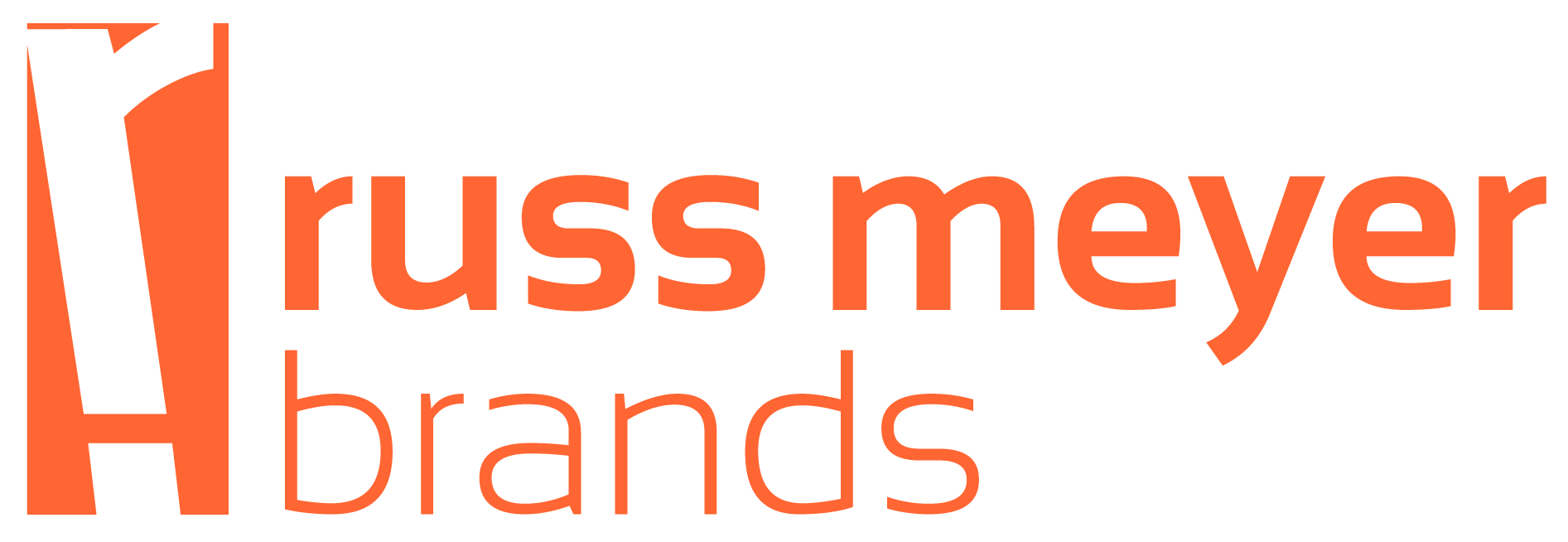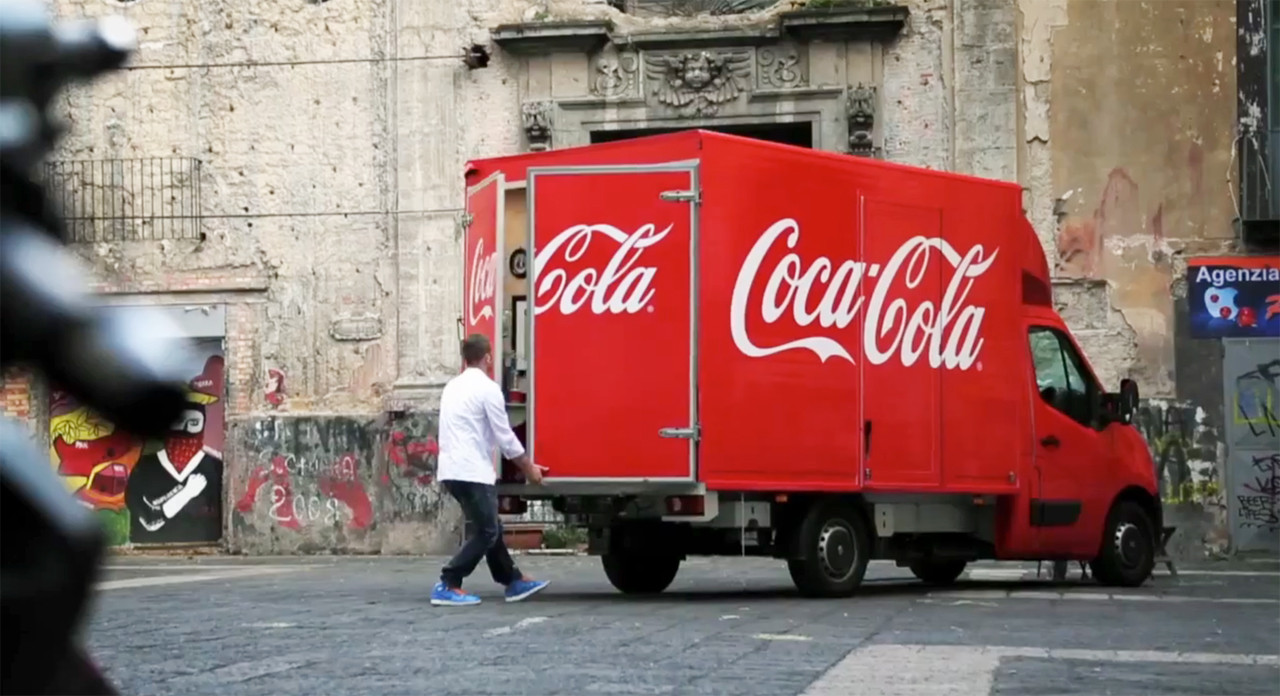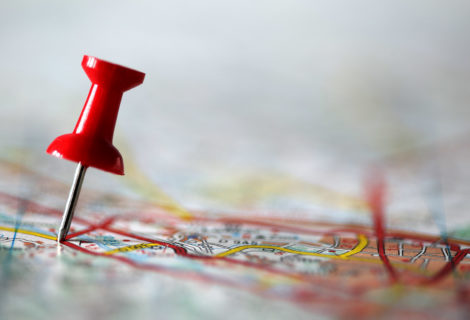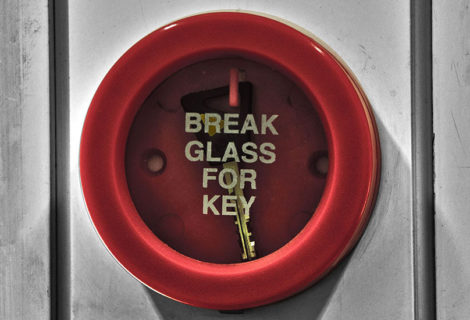Brand Experience vs. Branded Experiences
One of the reasons I named this blog “Brand Is Action” is that I believe this is how brands will be built in this next era of branding – not through image but through behavior. The experience of the brand has been a hot topic among brand managers and brand consultants over the last 5 years or so. As organizations have embraced ‘design thinking’ and ‘voice of the customer’, as product features are increasingly at parity and services are bundled with products, the experience of selecting, purchasing and using brands is under as much design consideration as the product itself.
But as important as the brand experience has become, a more interesting trend is brands that are creating exciting experiences in the world, engaging consumers through interaction rather than through a communication’s medium. These branded experiences become proof points of the brand promise, bringing it to life in a way that an advertisement can’t. These experiences are also captured in this ‘user generated content’ world, providing content creators with another benefit: credit earned and fame gained from capturing and sharing the momento of the experience.
Two branded experiences that captured me lately are from Coca-Cola and Burberry. The Coca-Cola Happiness Truck takes the Coke brand promise”Open Happiness” and makes it real on the streets of Rio de Janiero, delivering Coke products as well as other surprises to delight anyone brave enough to push the big red button. In particular, see the joy on the boy’s face at minute marker 2:00 when instead of a bottle of Coke he gets a much bigger surprise.
The Coca-Cola Happiness Truck
The second branded experience is the Burberry Fashion Show in Beijing on April 13, 2011. Burberry’s Creative Director, Christopher Bailey, has claimed that Burberry is a media company, and this fashion show pushes the boundaries of media, combining live models and holographic video to deliver a runway show unlike any you’ve ever seen. Utilizing the techniques and technologies more typically seen in theater and film, this runway show moves beyond a simple clothing display to an experience to be talked about and shared.
Instead of the professionally edited video uploaded by Burberry, I’ve posted a video recording from someone attending the event. For me it gives a better sense of the full experience. It also highlights one of the primary benefits of these branded experiences – the opportunity to share and comment on the experience with others.
Burberry Beijing Digital Fashion Show – April 13, 2011
Increasingly, I think we’ll see brands engaging people in experiences that, although not part of the traditional customer journey, are ones that drive home the core brand idea. Which brands do you think are best at delivering branded experiences today?






It used to be a challenge to get activities like the Coca-Cola happiness truck approved in the annual marketing planning process–they’d typically be cut because their cost vs. return (especially impact) was so low. But now that traditional media is more fragmented than it used to be and now that events like this truck can have an impact beyond the actual event itself (though YouTube etc), the balance has shifted in favor of such events. Apart from anything else, it makes for a more interesting and challenging job experience for marketers.
Agree. Even in the last 5-8 years it seems like people are being more experimental with budgets as ‘above the line’ and ‘below the line’ blur. Everyone knows the standard stuff isn’t working as well as it used to, so we’re all grasping for other things that can help. All this, plus the fragmentation of media is definitely making it a challenging job for marketers – which is either a pain or an opportunity. Appreciate your commenting twice in a day!
If a brand is essentially the product promise, then is the attempt to communicate the brand through experience rather than words essentially a metaphor? Also, I love the idea that sharing this experience enhances and amplifies the brand. So much more powerful than an ad.
Robin-agree on the power of the experience. Imagine being the little guy that thought he was getting a bottle of Coke and instead gets a giant surfboard! The funny bit is that most of us will ‘experience’ the Happiness Truck as a video on YouTube (not unlike a TV ad). And, yes, I think the best branded experiences are metaphors for the core brand idea. Great addition to the thinking. Thanks!
Russ,
You asked what brands we think are best at delivering branded experiences. It’s probably cliche to invoke Apple as an answer to such a question, but if the shoe fits…
You’ll remember that Apple initially prohibited third-party programs from running on the iPhone, but that didn’t stop intrepid hackers. Rather than fight a losing battle, Apple decided to offer user-created applications through their online App Store. Suddenly, consumers were no longer simply consuming, they were actively participating in the development of the brand. They now had an emotional stake in actively designing the experience – and not just for themselves, but for others as well.
Another example is Shoe company TOMS, which donates a new pair of shoes to a child in need for every pair of shoes that it sells. If you buy TOMS shoes you’re engaged in an experience for broader social good, that probably leaves you feeling pretty good yourself.
To me, that’s the future of branding, and the future of “social”; brands that empower people to achieve their full potential. Yes, it’s easier to do that with a brand like Apple than it is with, say, Joe’s Paint Store. Yet, TOMS did it with fairly ordinary shoes. The possibilities are there for any brand to open windows to the kind of world people want to live in, and to allow them to place themselves into that world.
Apple opens portals to a fantastic world, and allows consumers to help create that world. TOMS opens possibilities to a better world, and allows consumers to help create that world. Both do it via experiences that empower people, and allow the consumer to co-author the brand narrative. Make no mistake, the brand narrative is already there, in both examples, and it’s meticulously managed, and lovingly marketed. The brands are in the hands of their respective companies, not the public, but the consumers play an active role beyond mere consumption.
Coke can paint a truck with their logo, park it anywhere, and hand out free swag, and get attention. Maybe even, if they’re lucky, go viral with one of the videos. But, the truck is just a gimmick. It’s a cool gimmick, for sure, because hey, who doesn’t like free pop? What might elevate the truck beyond mere gimmick is that they’re handing out soccer balls, and surf boards, which allow the people receiving them to embrace an experience they might otherwise not have. That can be empowering, but in this case it’s sort of random, so I don’t know how well it works. I was just glad the soccer balls and surf board weren’t Coke red and covered with logos. 🙂
Great post, great discussion. I hope I’ve added to it and not rambled.
Cheers on your new blog!
Ken-thanks for the comments and good wishes. Glad you found me. Agree about Apple-I think their real brilliance is deeply understand what people want AND realizing that everything counts in the experience. But I think there’s a difference between a great customer experience and the experiences that a brand creates as marketing, instead of advertising for instance. To me, the Coke truck isn’t random at all…it’s right ‘on-brand’ for Coke’s idea of delivering happines. Agree that often brands get it wrong, but I think Coke got it very, very right. Hope this sparks more conversations here and on Twitter.
While I strongly agree that “cost” and “reach” are key drivers, I would also like to point out that one of the reasons of the increasing popularity of such activities is, brands can no longer compete on “shallow meaning”. Smart ones realize that consumer is looking for deeper meaning in their consumption, which forces all of us to have a solid understanding of studies such as anthropology and social psychology.
Thanks for your comments. Agree that many folks are looking for deeper connections with brands…maybe not all brands but brands that are important to them. Understanding where the brand fits in the consumer’s life and value system is what the best ones are doing…and then acting on that in unexpected and connected ways.